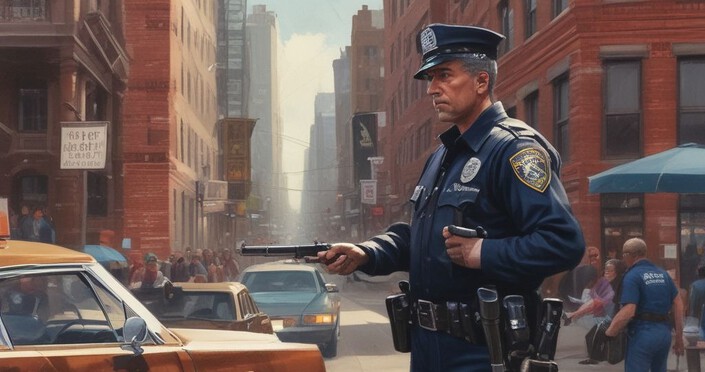Police Discretion Meaning

What is Police Discretion?
Police discretion is the ability to decide on what ought to be done in some specific situations. This involves the feature of speaking in a way that helps to avoid causing an offence as well as revealing private details of other people (Cole et al 2008). Police discretion can be viewed negatively or positively depending on different people. It is used by all levels of criminal justice system including the police officers. Writers who offer law essay help at Edudorm essay writing service notes that police officers therefore use it to make a decision on whether to arrest or to file charges when enforcing law. Police officers use this conduct to make things easier on their very difficult job requirements and use it also to identify specific individual priorities that each and every police officer has to eliminate the broad as well as contradicting laws that are established by policy makers (Dempsey et al 2013). In most cases police officers are faced with different situations that require to be handled differently and this is where police discretion is used.
Example of Using Police Discretion
An example of a crucial situation in which the police officer uses police discretion is where an officer might be in patrol in an environment where there is high rate of drug trafficking. At that same time he receives a service call that there is an armed robbery in a bank and the suspect is on foot. In following the suspect, he identifies that he has a gun. Experts who offer law dissertation writing help at Edudorm essay writing service indicates that the suspect attacks a passer- by along the way and it becomes so crucial that the police officer has to use his police discretion so as to make a decision on whether to make an intervention that involves him to draw out his weapon or else to call for back-up for assistance. Using police discretion he draws his weapon and orders the suspect to freeze and he makes his arrest.
Cynicism
Cynicism refers to the mistrust of human nature and intentions where man is believed to act mainly according to self-interest. This can affect police officers productivity when applying police discretion, influence on the morale of their fellow colleagues and the society relation. This affects the officers in their line of service and with time they lose respect for law and community and their self-esteem as they are faced with reality (Barkan et al 2013). Authors who offer criminal law assignment help at Edudorm essay writing service points that as they are bitterer of the reality of things, they nurture their hatreds to the public and therefore end up becoming victims of cynicism. This therefore results to the development of poor relationship between the police officers and the public. This is because the public think of police officers as people who are affected by cynicism hence act in accordance to their self-interest.
References
Barkan, S. E., & Bryjak, G. J. (2011). Fundamentals of criminal justice: A sociological view. Sudbury, MA: Jones & Bartlett Learning.
Cole, G. F., & Smith, C. E. (2008). Criminal justice in America. Belmont, CA: Thomson/Wadsworth.
Dempsey, J. S., & Forst, L. S. (2013). An introduction to policing. Albany, N.Y: Delmar.
https://www.ojp.gov/ncjrs/virtual-library/abstracts/issues-and-trends-police-discretion
https://legal-forum.uchicago.edu/print-archive/police-discretion-21st-century-surveillance-state


